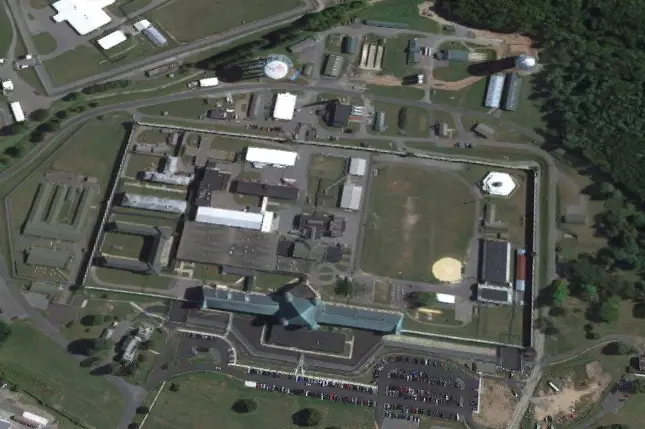
 A release portfolio that will include vital documents, education and vocational training history, and a functional resume. The curriculum calls for them to prepare for Departmental staff to evaluate the following: They keep vocation and education certificates in one place, locating reentry strategies and plans, and preserving service referral information and employment related materials. Participants receive a "portfolio" to assist in organizing documents, such as birth certificates, social security cards, and resumes. Phase Three is designed to assist in planning for reentry into society as crime free, productive citizens. They use the information to state goals and to determine the preferred outcome of those situations. Getting Information: Setting goals, participants practice gathering information about a situation by considering the objective facts, others’ thoughts and feelings, and their own beliefs and opinions. They identify how their thoughts, feelings and physical sensations pose a risk of reacting in a way that makes the problem worse. Problem Description: Participants learn to describe problems in objective terms and identify their risk reaction to those situations. Participants learn to identify thoughts, emotions and physical reactions that tell them they are in a problem situation (warning signs) and it is time to be quiet, calm down and get some space to stop and think. Stop and Think: Keeping control of situations by thinking rather than by acting on emotions. Through role play, participants practice social skills and new ways of thinking that can steer them away from trouble. Good social skills get people what they want, as well as maximize positive responses and/or minimize negative responses from other people. Social Skills: Participants learn skills that are used in situations involving interaction with other people. In addition, they learn that their core beliefs and attitudes impact how they think and feel.
A release portfolio that will include vital documents, education and vocational training history, and a functional resume. The curriculum calls for them to prepare for Departmental staff to evaluate the following: They keep vocation and education certificates in one place, locating reentry strategies and plans, and preserving service referral information and employment related materials. Participants receive a "portfolio" to assist in organizing documents, such as birth certificates, social security cards, and resumes. Phase Three is designed to assist in planning for reentry into society as crime free, productive citizens. They use the information to state goals and to determine the preferred outcome of those situations. Getting Information: Setting goals, participants practice gathering information about a situation by considering the objective facts, others’ thoughts and feelings, and their own beliefs and opinions. They identify how their thoughts, feelings and physical sensations pose a risk of reacting in a way that makes the problem worse. Problem Description: Participants learn to describe problems in objective terms and identify their risk reaction to those situations. Participants learn to identify thoughts, emotions and physical reactions that tell them they are in a problem situation (warning signs) and it is time to be quiet, calm down and get some space to stop and think. Stop and Think: Keeping control of situations by thinking rather than by acting on emotions. Through role play, participants practice social skills and new ways of thinking that can steer them away from trouble. Good social skills get people what they want, as well as maximize positive responses and/or minimize negative responses from other people. Social Skills: Participants learn skills that are used in situations involving interaction with other people. In addition, they learn that their core beliefs and attitudes impact how they think and feel. 
Cognitive Self Change: Participants learn that by paying attention to their thoughts and feelings, they can discover which ways of thinking and feeling cause trouble for them and others.T4C is a close-ended program consisting of three major components: Participants learn how to take change of their lives by taking control of their thoughts and feelings. It includes cognitive restructuring and developing social and problem-solving skills. The program is closed-ended and intended for the general population. Phase Two -Thinking for a Change (T4C) Program - is an integrated, cognitive behavioral change program designed for incarcerated individuals and delivered by trained staff in small group (12-15 participants) settings.






 0 kommentar(er)
0 kommentar(er)
